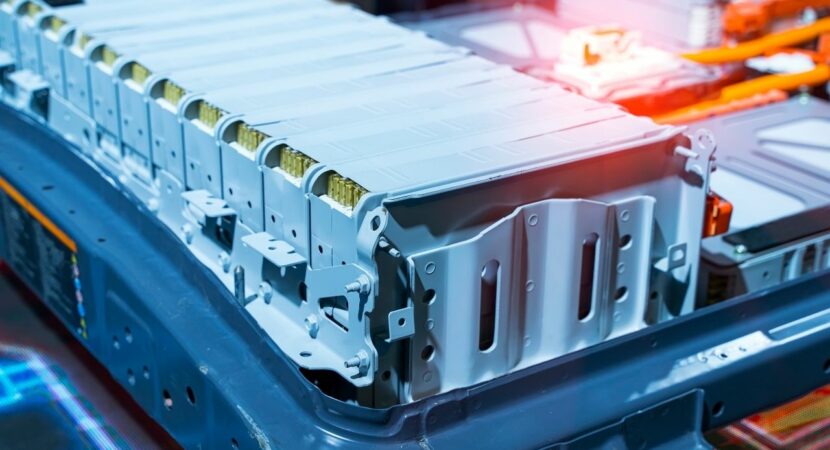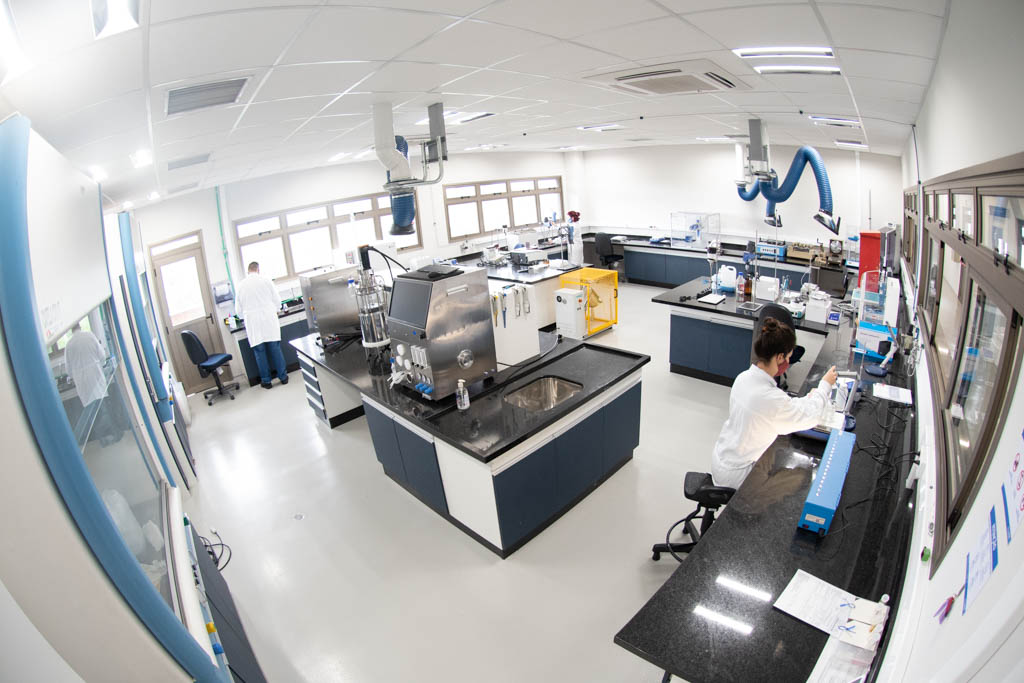
Senai Paraná project in partnership with Companhia Brasileira de Alumínio will bring innovation in the production of lithium-ion batteries in Brazil
Another victory for science in Brazil! Researchers from Senai Paraná partnered with Brazilian Aluminum Company (CBA) and managed to develop 100% lithium-ion batteries made from Brazilian aluminum. It is the first time we have achieved this feat in the country and it promises to bring greater innovation and independence in the production of this article.
This type of battery is used in various equipment and electronic devices such as notebooks, tablets, smartphones and even vehicles powered by electricity and one of its main components is aluminum foil. The innovation of this study will make Brazil one of the producers of this type of battery worldwide and also increase independence in the national territory.
But after all, what is this aluminum foil used for in lithium-ion batteries? It is used as a kind of current collector placed on the battery's positive electrode and can contribute to stability, increasing service life. However, the components must be of high quality, including the aluminum that plays one of the most important roles in the functioning of batteries. With the aluminum supplied by CBA, quality is guaranteed and results in high energy efficiency of the battery produced.
With the use of 100% national raw material, batteries produced in Brazil can gain prominence on the international scene and increase profits, since the supply chain provides lower production costs. This project brings innovation and greater visibility for Brazil in the international scenario of lithium-ion batteries.
Learn a little more about the lithium-ion batteries produced entirely in the national territory by Senai Paraná researchers in the video below
A millionaire contribution to the project guarantees innovation and a better position for Brazil in the world market for lithium-ion batteries
As lithium-ion batteries are part of many electronics and electric vehicles, the market is growing more than ever. In this sense, electric vehicles are the ones that most demand this article, being responsible for a large share of world production. This is all a result of growing worldwide concern about the environment, climate, global warming and the impacts caused by the use of fossil fuels.
The innovation project, registered in the Industrial Alliance of the Innovation Platform for Industry of the national Senai, received a contribution of R$1,2 million and its results are already notorious and committed to sustainable objectives.
The innovation of this new discovery places Brazil on new international levels, as it demonstrates a great mastery of scientific and technological knowledge. In this way, CBA will be able to supply its aluminum sheets for the national and international production of lithium-ion batteries with the required specifications, competing with other companies in the sector. This brings a diversification of marketed products, which expands the target audience of the national company.

Lithium-ion batteries are sustainable, produced with aluminum sheets and the great promise of the future
The first studies for the development of lithium-ion batteries date back to 1912, by physicist Gilbert Newton Lewis. But, only in 1979, John Goodenough, a professor at the University of Oxford, was able to discover that lithium could make up rechargeable batteries capable of storing energy in large amounts and for long periods of time. So he and other fellow researchers created the lithium-ion battery and won the Nobel Prize in Chemistry in 2019 for this feat.
From then on, batteries began to be manufactured and incorporated aluminum sheets, becoming a sustainable means of supplying energy to electronics and electric cars of the new generation. In this way, they became the great promise of the future to move cars and become the major source of energy for locomotion.








